SEA turns to China as Western aid retreats – Lowy report
A new Lowy Institute report shows how Western aid cuts and rising loans from China, the Asian Development Bank and the World Bank are reshaping development finance across Southeast Asia.
A new Lowy Institute report shows how Western aid cuts and rising loans from China, the Asian Development Bank and the World Bank are reshaping development finance across Southeast Asia.
Washington’s new tariff schedule lowers duties on Vietnam, Indonesia, and others while unexpectedly raising rates on the Philippines, redrawing Asia’s trade dynamics.
Trump’s attendance would mark the first time a Republican president has attended an Association of Southeast Asian Nations (ASEAN) leaders’ meeting, following several years of lower-level US representation.
The lack of movement in the US contrasts with the global economic superpower's ongoing engagement with Indonesia, Vietnam and the Philippines, which are reportedly in early-stage talks on tariff exemptions under the same regime.
French economist Thomas Piketty urged Western powers to take BRICS seriously, given its rising economic weight. He noted the bloc has surpassed the G7 in purchasing power parity, accounting for more than 32% of global GDP.
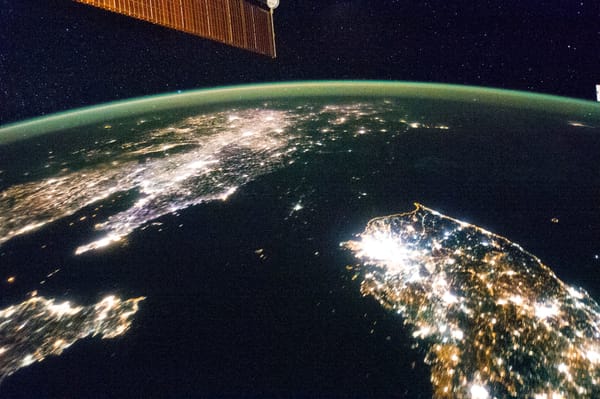
The strategy, presented at a national hearing in Daejeon, central South Korea, on 17 July, forms part of the KASA roadmap, introduced in 2024 as an agenda item for the Korean National Space Council.
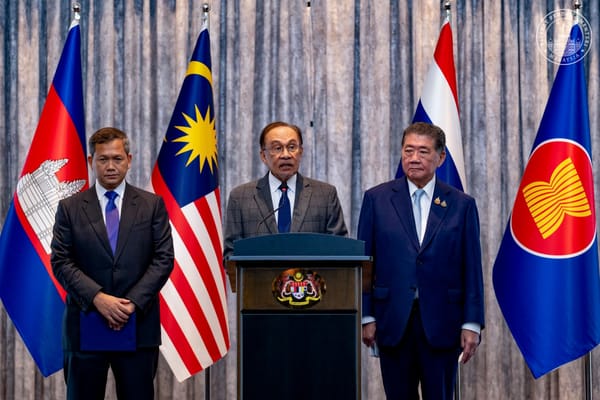
The ceasefire was negotiated in Malaysia after 5 days of deadly clashes that killed at least 43 people and displaced over 300,000. Although the agreement was declared “immediate and unconditional”, field commanders on both sides reported violations within hours.
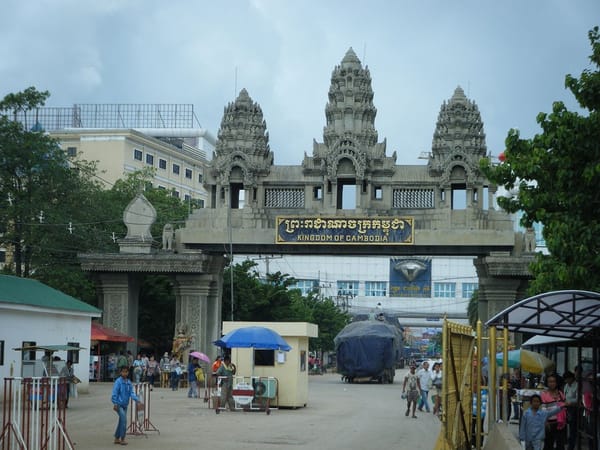
The United Nations Security Council (UNSC) convened a closed-door session on 25 July at Cambodia’s request, in response to what became Southeast Asia’s most severe interstate conflict in over a decade.
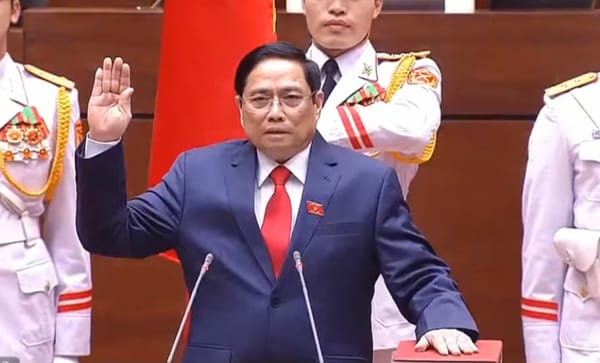
Vietnam's new mega-provinces are now responsible for inter-regional planning, taxation, infrastructure and social services. Provincial party leaderships have also been reshuffled.

“This is a safeguard to protect Malaysia’s status as a responsible trade partner,” the ministry said in a statement issued on 14 July. “Firms found violating these controls will face legal action.”
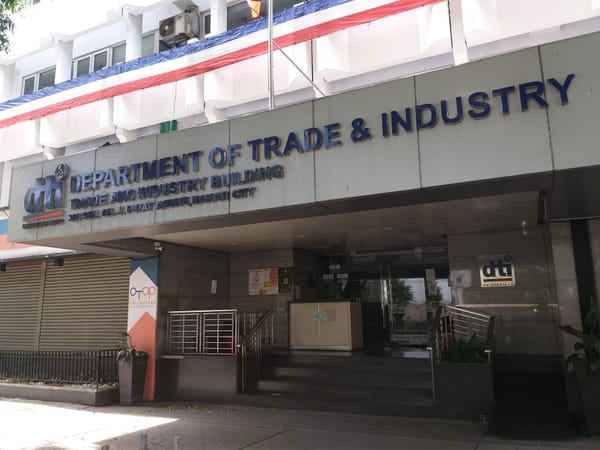
The Philippine Department of Information and Communications Technology said it had deployed 2,655 free public Wi-Fi sites across Luzon, Visayas and Mindanao (i.e. nationwide) under its Broadband ng Masa programme. The scheme targets geographically isolated and disadvantaged areas.

What makes UNC3886 particularly dangerous is its ability to exploit zero-day vulnerabilities. These are software flaws unknown to its vendor and for which no patch yet exists, making them especially valuable and dangerous for attackers.
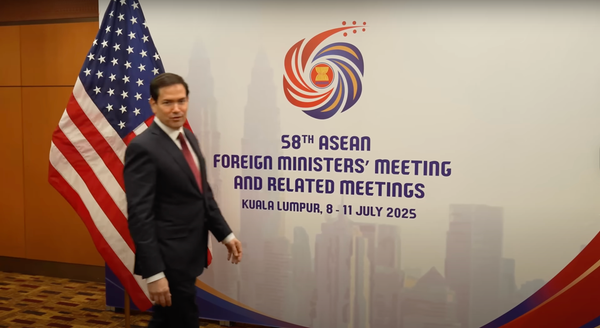
Southeast Asia (SEA) governments are seeking clarification and concessions after US Secretary of State Marco Rubio’s first official visit to the region, which followed the Trump administration’s decision to issue new tariff notices to nearly all ASEAN countries.
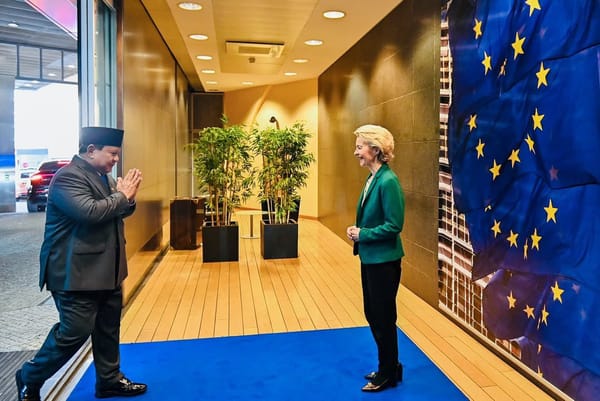
Indonesian President Prabowo Subianto described the deal as a win for economic sovereignty. “We agreed to deepen the Comprehensive Economic Partnership Agreement or CEPA to open up greater opportunities for sustainable trade and investment in the country,” Subianto wrote on Facebook.

According to a White House press release, Rubio’s trip aims to highlight the strength of the US’s Comprehensive Strategic Partnership with ASEAN and to reaffirm the commitment to building on the Comprehensive Partnership with Malaysia.
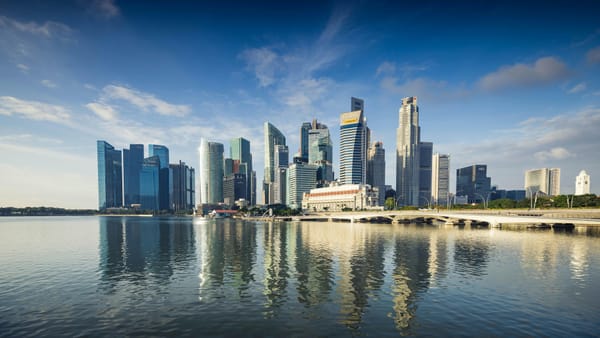
ASEAN's uneven performance reflects structural problems, including talent constraints, uncoordinated capital flows and a lack of cross-border regulatory support.

Rising labour costs and growing competition from neighbours are threatening Vietnam's long-standing position as Southeast Asia’s top manufacturing hub.
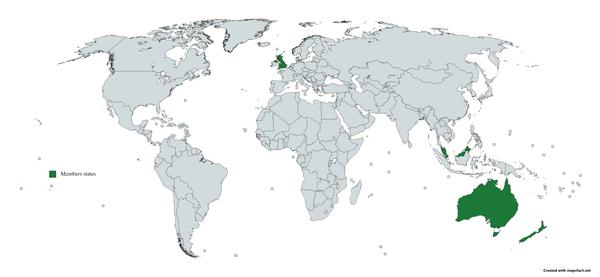
Signed in 1971, the FPDA links Malaysia, Singapore, Australia, New Zealand and the UK in a consultative defence framework that allows for joint military exercises, intelligence-sharing and operational coordination.
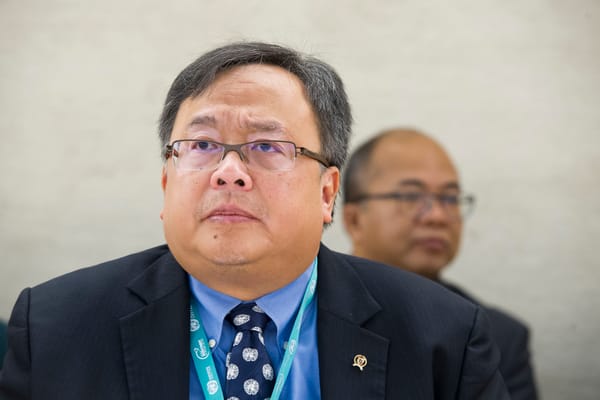
Bambang Brodjonegoro, dean of the ADB’s Tokyo-based think tank, said Southeast Asia’s largest middle-income economies are at risk of long-term stagnation as demographic advantages fade and productivity growth stalls.
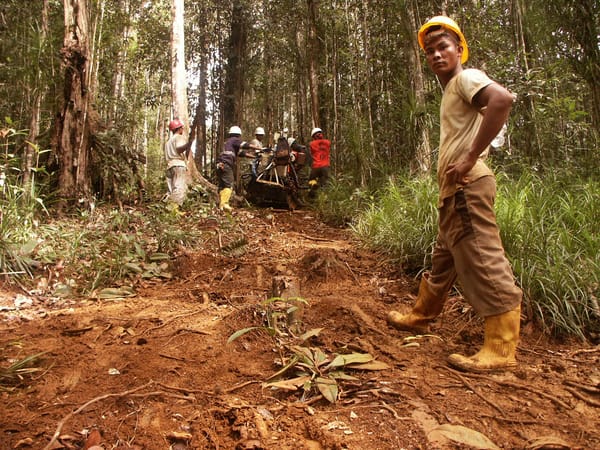
As Indonesia asserts control over its vast nickel reserves, a new supply route is forming between Southeast Asia (SEA) and Central and Eastern Europe (CEE). France and Hungary are emerging as key European partners in the electric vehicle (EV) supply chain, linking mineral extraction in Indonesia to battery production in
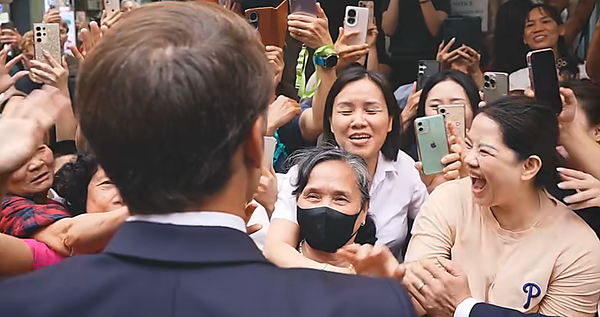
French President Emmanuel Macron called France “a power that respects its partners” during his 25-29 May tour of Vietnam, Indonesia and Singapore, when he promoted his country as a strategic partner for Southeast Asia (SEA) amid growing US-China rivalry. The trip focused on trade, defence and clean energy cooperation, as
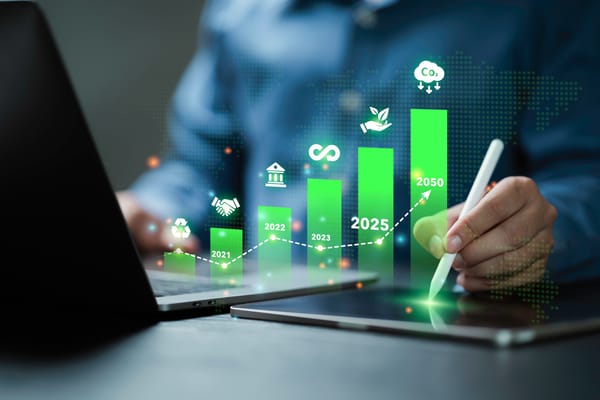
The landscape of Environmental, Social and Governance (ESG) reporting is shifting in 2025 as regulatory mandates grow more stringent globally, even while political pushback intensifies in parts of the world, and most notably the US. The regulatory trend is clear. Governments and oversight bodies are moving to standardise and enforce
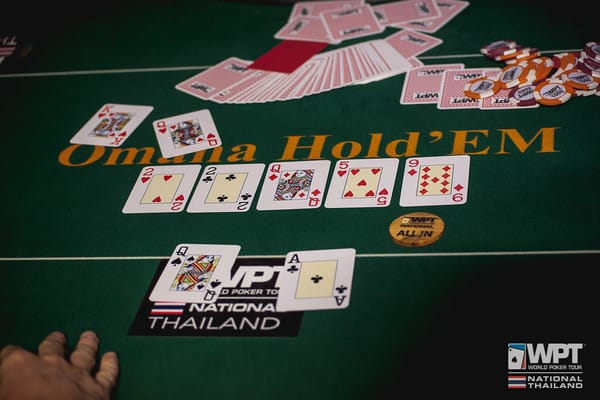
Thailand’s Entertainment Complex (EC) bill, which includes provisions to legalise casinos, has been delayed as Thai Prime Minister Paetongtarn Shinawatra deemed it unready for cabinet review. Speaking to reporters outside Government House on Tuesday, she said the government must consider all stakeholders’ views before the bill moves forward. A
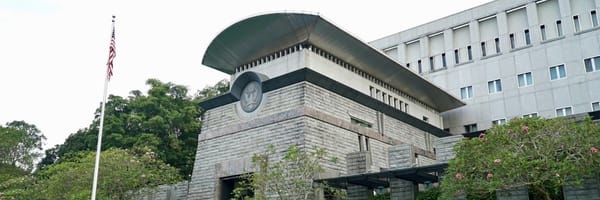
US President Donald Trump has nominated entrepreneur Anji Sinha as his pick for the next US ambassador to Singapore, one of its key diplomatic postings in Asia, following his return to the White House in January. Little is publicly known about Dr Sinha, who has no discernible online presence or
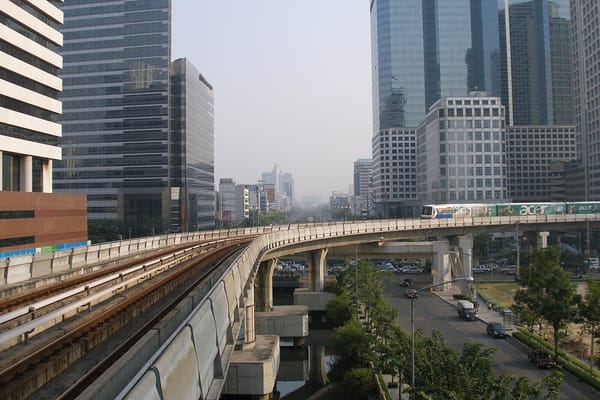
Malaysia, Thailand, and Singapore have made significant advances in economic development and infrastructure, efforts on sustainability and equality targets remain uneven, the United Nations’ ESCAP 2025 SDG (sustainable development goals) Progress Report found. Thailand leads the trio in overall SDG achievement and ranks first in ASEAN, which is comprised of
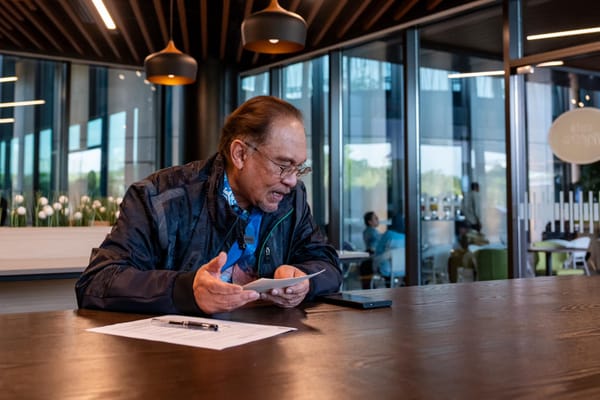
Malaysia is taking a proactive approach to economic growth and trade, balancing its global partnerships while maintaining a non-aligned stance in an increasingly complex geopolitical landscape. As Malaysian Prime Minister Anwar Ibrahim’s government pursued new trade agreements, economic growth slowed to 5% in the fourth quarter of 2024, raising
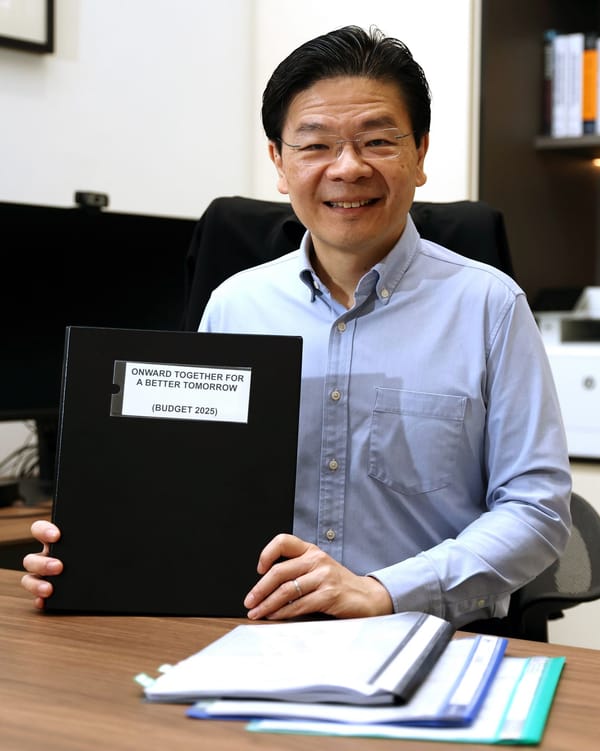
Singapore’s business environment is set to face multiple challenges in 2025, with small and medium enterprises (SMEs) expecting continued pressure from rising costs and declining productivity. Meanwhile, the Singapore Exchange is undergoing a leadership shake-up as it seeks to revive its struggling equities market. Economic forecasts have been adjusted
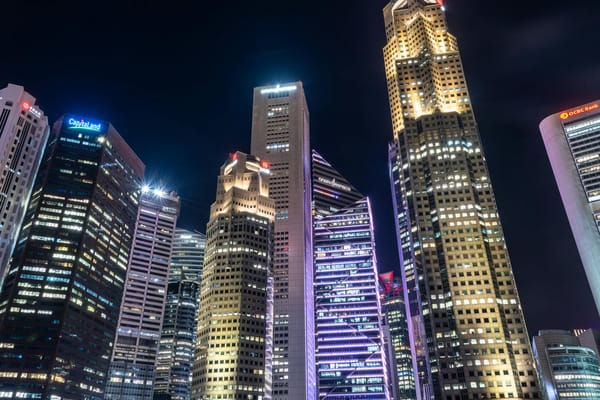
Singapore’s economic outlook for 2025 presents a mixed picture, with steady growth tempered by uncertainty as the government prepares a crucial budget ahead of the next election. Analysts view the upcoming fiscal plan as a defining test for Prime Minister Lawrence Wong’s leadership, with expectations that it will
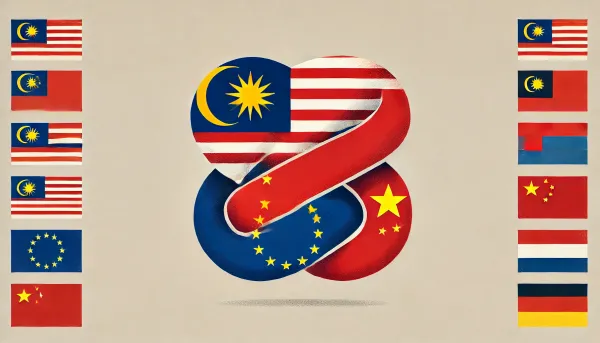
Malaysian Prime Minister Anwar Ibrahim has assured that state-owned oil company Petronas will uphold all its contractual obligations with Sarawak’s Petroleum Sarawak Berhad (Petros) in Parliament on 17 February, addressing concerns over the companies’ ongoing negotiations. Petronas will "maintain all existing domestic and international contractual obligations", Anwar
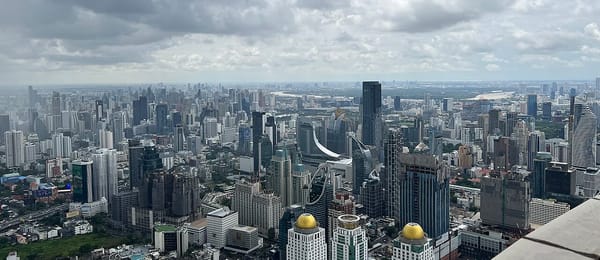
Thailand’s economy grew 3.2% year-on-year in the fourth quarter of 2024, falling short of projections, as sluggish private investment and slower government spending weighed on growth. Analysts warn that trade tensions and global uncertainties could pose further challenges in 2025, prompting calls for government stimulus measures to sustain